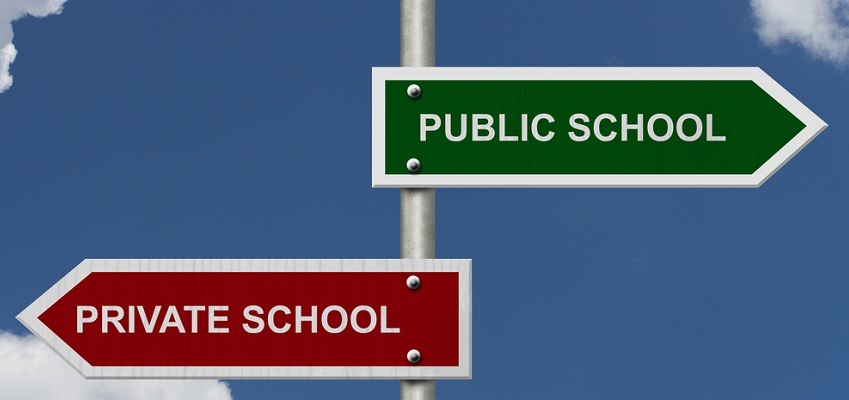New Infographic: Empowering Trans Students with Super Powers | Schott Foundation for Public Education:
New Infographic: Empowering Trans Students with Super Powers
Schott and our partners have been working on this infographic for some time, and it is being released while our nation is mourning and the national narrative around trans students has been singularly focused on bathroom facilities. These current issues only highlight why we need to do more to support transgender students in a more comprehensive way.
The Schott Foundation for Public Education joins the country and the international community in mourning all of the lives lost and injured during the recent shootings in Orlando targeting members of the LGBTQ community specifically, and our humanity more broadly. The hatred exhibited in Orlando calls into question what more our country can do to limit unnecessary gun violence and to ensure the safety and well-being of LGBTQ individuals where they live, work, learn, play, worship, and govern. During this difficult time, Schott reaffirms its commitment to resource advocates and campaigns to institutionalize the policies and practices that create healthy living and learning spaces for all.
We recognize that the threat of homophobic and transphobic violence is very real for many of us, including our children.
Schott believes that every young person deserves to attend school in a safe, healthy living and learning environment that allows them to thrive and grow to their full potential. For nearly 25 years, Schott has utilized a race and gender lens through our grantmaking and research to understand and address the unique set of challenges facing students across the country that is inclusive of students who also identify as LGBTQ.
"Can we also live for what we believe in? Is that worth more than dying? When do we achieve admiration for our survival? I guess in order for that to happen, people would have to acknowledge just how heroic our survival is. Give us our roses while we're still here."
— Participant in a recent BreakOUT! transgender rights marchSchott and our partners have been focused on the myriad of challenges transgender students and transgender students of color experience every single day beyond the bathroom.
80% of trans students feel unsafe at school because of their gender expression. 49% of trans people reported physical abuse in a 2007 survey. 41% of trans people have attempted suicide.
[source] Trans youth of color are especially impacted in a society doubly stacked against them for both their race and gender expression. Students should be able to learn in a safe and supportive public school environment regardless of their gender expression. It's up to all of us to make that happen.
In May 2016, U.S. Departments of Justice and Education released
joint guidance to help public schools ensure the civil rights of trans students: when students or their parents notify a school that a student is transgender, the school must treat the student in a manner consistent with the student’s gender identity in every situation, from the restroom to sports. The guidance also suggests schools establish additional privacy options that all students can use for any reason.
Helmet of Knowledge: Students need to first be aware of their rights as afforded to them by Massachusetts’ Department of Elementary and Secondary Education (DESE)
guidelines of inclusion and diversity.
Advocacy Shield: When a student is denied treatment according to MA law and DESE guidelines, they should know what resources to contact in order to obtain the support they need to push back against unfair/unequal treatment (
BAGLY can connect students to other resources like lawyers, case management, therapy, etc.).
Cape of Protection: Culturally competent mentors should be available in schools (LGBTQ-identified, trans-identified, etc.).
Peer Support Rocket Boots: Increase awareness in the student body — hold
assemblies focusing on diversity, including sexual orientation, gender identity, and gender expression.
Resources
Connect with these organizations for support, programming, and policy advocacy:
Massachusetts
National












